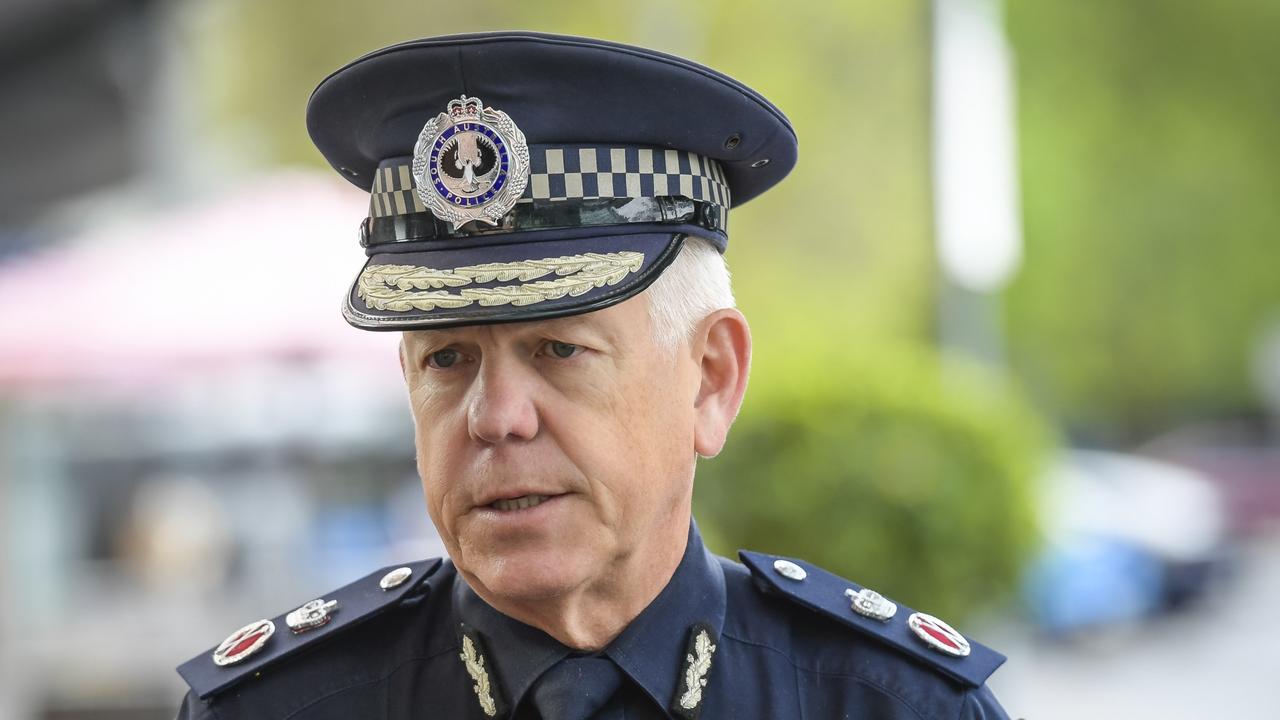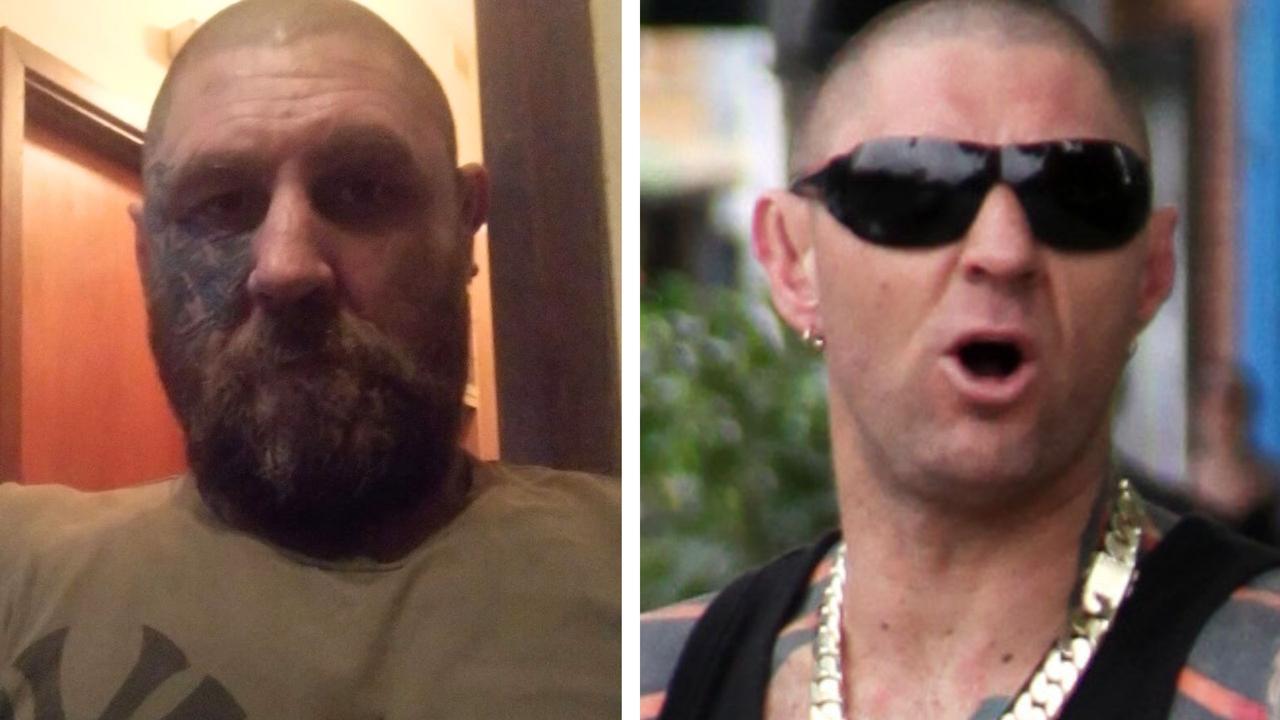SA woman dying of cancer pleads with SA Health to speed up Voluntary Assisted Dying access
Julie Barrien has cancer. She’s about to finish her final round of chemo. Now she’s pleading with SA Health to bring in the laws to allow her to end her life.
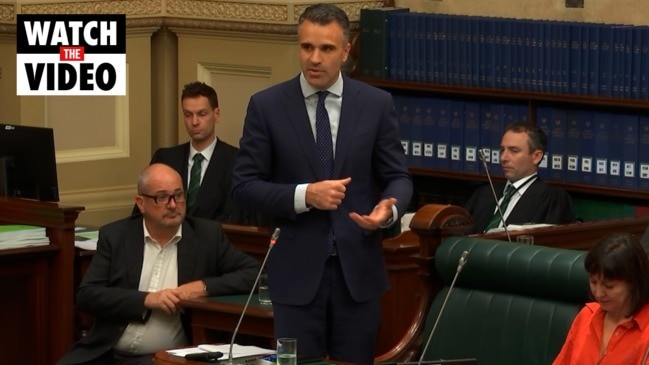
SA News
Don't miss out on the headlines from SA News. Followed categories will be added to My News.
A South Australian woman suffering end-stage cancer has pleaded with SA Health to bring forward its 21-month time frame to implement long-awaited voluntary assisted dying (VAD) laws.
SA Health Minister Stephen Wade said he will next month appoint a task-force of independent experts to review the VAD implementation plans and see “whether SA Health can safely expedite the process”.
Julie Barrien, from Encounter Bay, said Victoria’s VAD laws were in place within 15 months of being voted in and she can’t wait too much longer than that.
“It is a very, very aggressive form of cancer,” she said, adding that it had, at one stage, spread to her liver, spine, bowel and a lymph node. “I don’t know how long I have.”
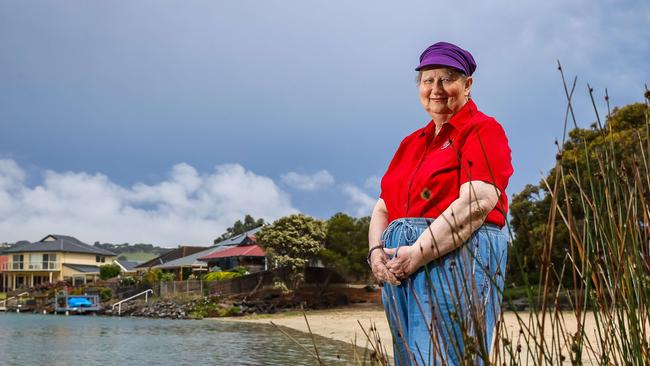
Ms Barrien is on the last of six rounds of chemotherapy after being diagnosed with stage four endometrial cancer in December 2019. Her treatment, including immunotherapy, has destroyed many of the tumours and those remaining have stopped growing and reduced in size, latest scans show.
“I will have to be on chemo for as long as I can – it is at least slowing down the cancer – but there will be a time when the chemo will fail and the cancer will just take over.”
Her message to those in charge: “Please, please – for the sake of us people whose health is deteriorating, please get on and put the process and practices into effect as soon as possible. How difficult can it be?”
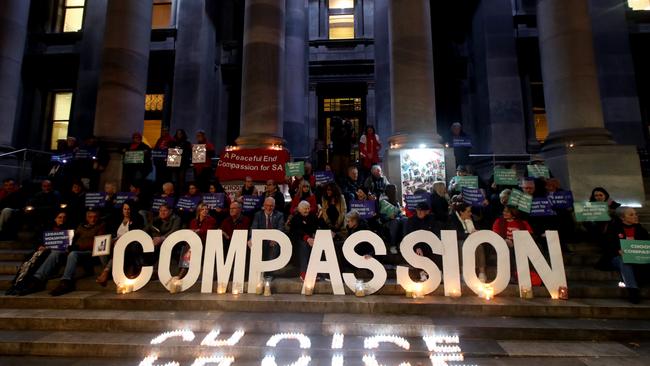
SA Health expects the VAD scheme to be up and running by the end of 2023 – 21 months after laws were passed, it was revealed in state parliament recently.
Mr Wade said: “The government is committed to ensuring South Australians have access to voluntary assisted dying in as timely and safe a manner as possible.”
He said SA Health had been working with Western Australia and Victoria on best practice implementation and the “consistent advice from other jurisdictions is that it is important to take the time you need to plan and implement such an important initiative”.
The VAD laws were passed in a historic vote in June. Concerns over the 21-month implementation period, compared to 15 months for other states like Victoria, have been raised by voluntary assisted dying advocates and MLC John Darley.
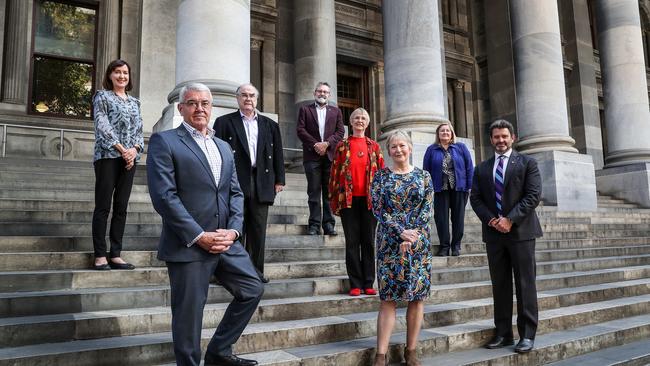
Mr Darley, who had been approached by concerned community members over potential delays, said VAD legislation in SA had previously come up for a vote 17 times in the South Australian parliament.
“I cannot imagine how agonisingly difficult it would have been for those waiting for the passing of this legislation,” he said. “There should be no further unnecessary delays for those wanting to access the VAD scheme and I see no reason why South Australia cannot implement the scheme within the same time frame as Victoria.”
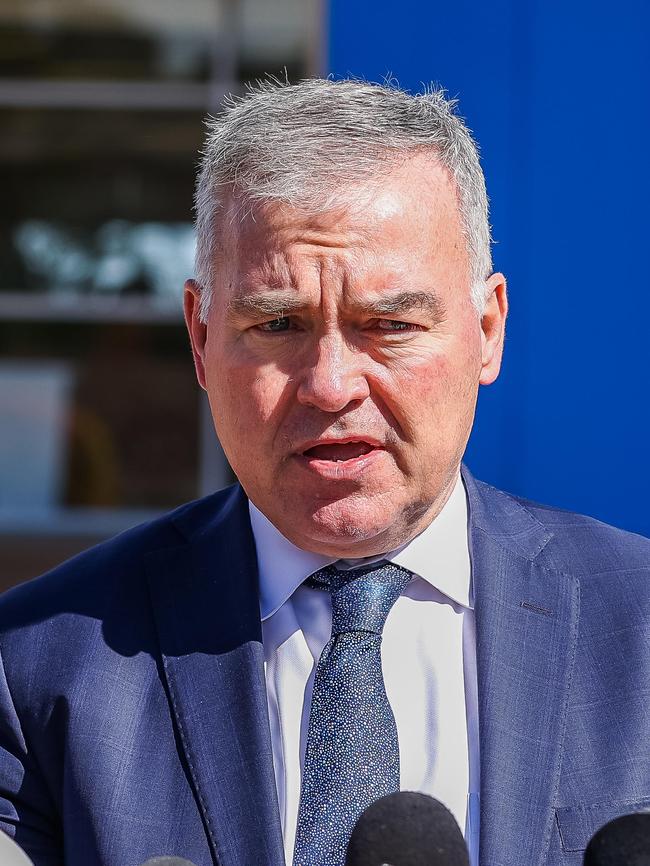
Voluntary Assisted Dying South Australia (VADSA) spokeswoman Lainie Anderson said Mr Wade’s assistance in helping speed up the process was welcomed and that the government must commit to an implementation period of no more than 18 months.
“We know there are people who campaigned for this legislation whose health has deteriorated. They have cancer. They would be eligible, but will have to suffer instead,” she said.
Mr Wade will be guest speaker at a VADSA public meeting on the issue being held at 3pm, on November 14 at the Goodwood Community Centre.




